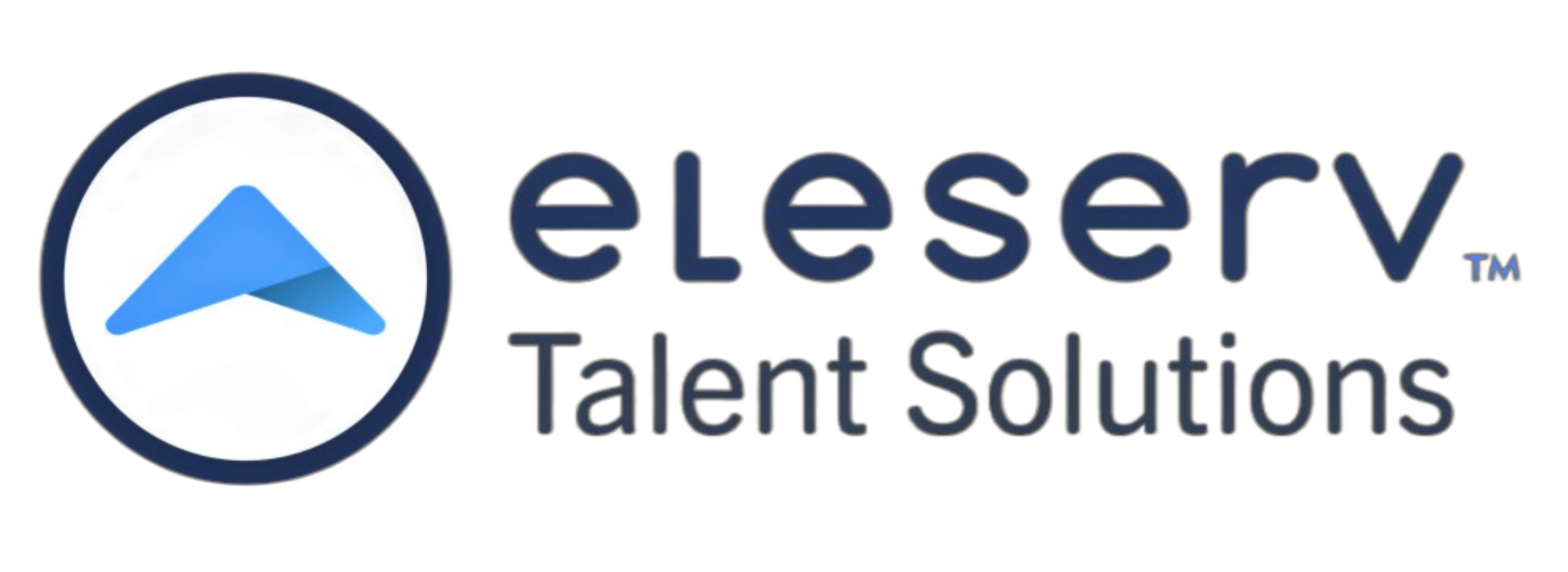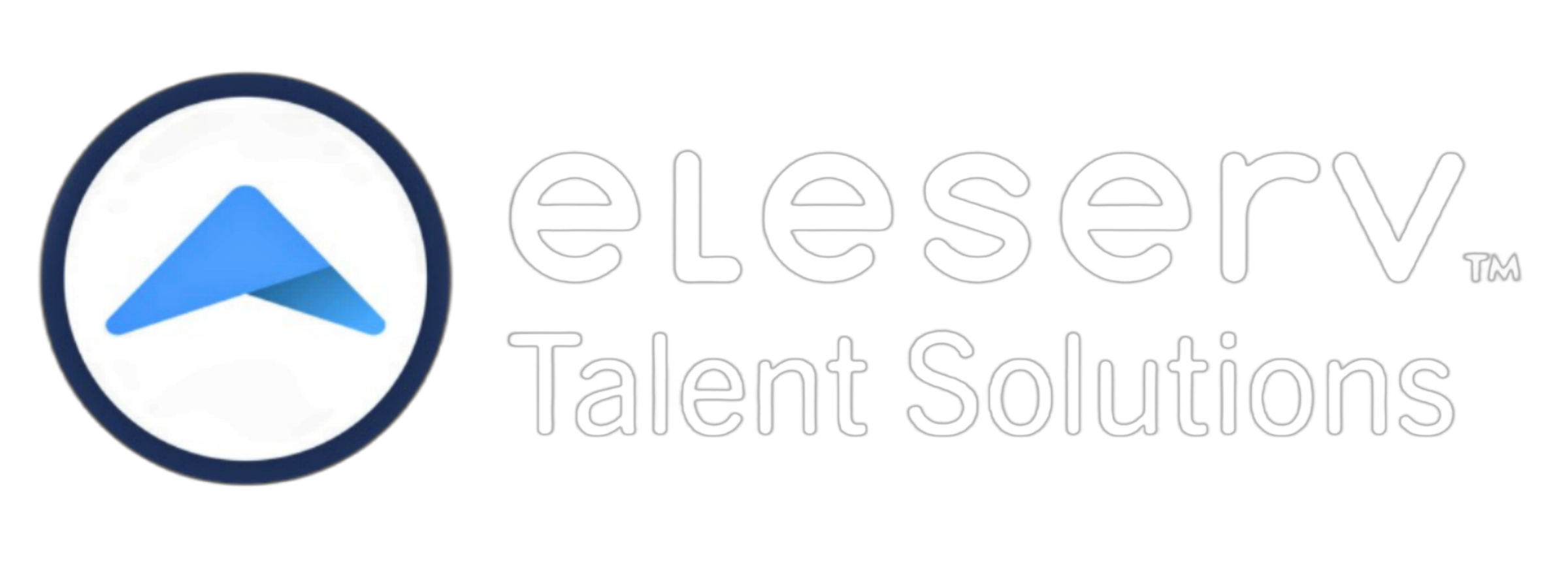Rethinking the Hiring Equation for Success
In today’s rapidly evolving job market, the traditional hiring equation often falls short. Companies can no longer rely solely on resumes and standard interviews to find the best candidates. The hiring process must adapt to identify individuals who not only possess the necessary skills but also align with the company's culture and can thrive in dynamic environments.
The Need for a New Approach
Changing Job Market Dynamics
The job market is continuously changing, driven by technological advancements and shifting industry demands. Roles that didn’t exist a decade ago are now critical, and the skills required are evolving. This calls for a more flexible and forward-thinking approach to hiring.
Beyond the Resume
Resumes often provide a limited view of a candidate's potential. They focus on past experiences and formal education but fail to capture soft skills, adaptability, and cultural fit. These elements are crucial for success in today’s collaborative and fast-paced work environments.
Emphasizing Behavioral Assessments
Understanding Candidate Potential
Behavioral assessments offer a deeper understanding of a candidate’s traits, such as their work style, motivation, and ability to handle stress. These insights can predict how well an individual will perform and adapt to your company’s culture.
Aligning with Company Culture
Hiring individuals who fit well with the company culture can lead to higher job satisfaction and retention rates. Behavioral assessments help ensure that new hires will not only perform their duties effectively but also thrive in their new environment.
Skills Over Job Descriptions
Identifying Transferable Skills
Focusing on transferable skills rather than rigid job descriptions can widen the talent pool. It allows you to consider candidates who can adapt and grow into roles, rather than those who simply tick all the boxes on a job description.
Adapting Recruitment Strategies
Modern recruitment strategies should include skills testing and scenario-based evaluations to assess how candidates apply their knowledge. This approach provides a more accurate picture of their capabilities in real-world situations.
Leveraging Data in Hiring
Data-Driven Decisions
Using data analytics in the hiring process can enhance decision-making. By analyzing past hiring successes and failures, companies can refine their criteria and processes to select better candidates.
Predictive Analytics
Predictive analytics can forecast a candidate’s success in a role based on various data points, such as their performance in assessments and their alignment with company values. This helps in making informed hiring decisions that are likely to yield positive outcomes.
Continuous Improvement in Hiring Practices
Feedback and Iteration
The hiring process should be iterative, with continuous feedback loops to refine and improve practices. Regularly reviewing and updating hiring criteria based on outcomes can lead to a more effective recruitment strategy.
Staying Ahead of Trends
Keeping abreast of industry trends and adapting hiring practices accordingly can give companies a competitive edge. This proactive approach ensures that the talent acquisition process remains relevant and effective in attracting top talent.
Conclusion
Rethinking the hiring equation involves moving beyond traditional methods to embrace a more holistic, data-driven approach. By focusing on behavioral assessments, transferable skills, and continuous improvement, companies can build a more adaptable and resilient workforce. This not only enhances individual performance but also drives overall business success.


